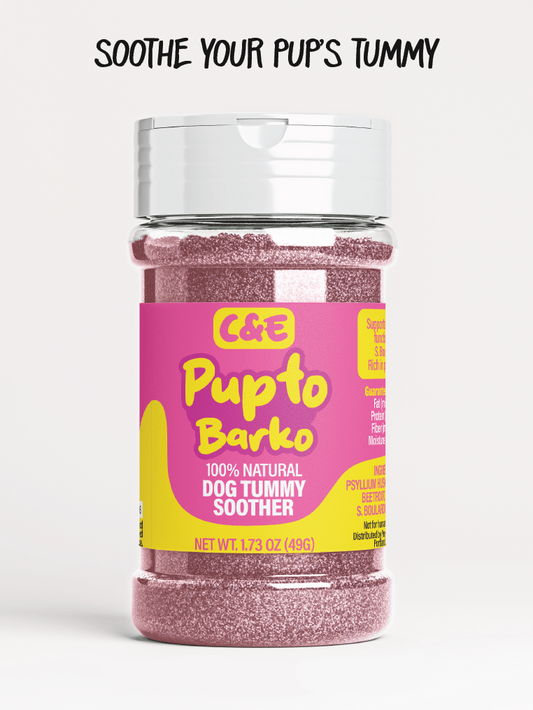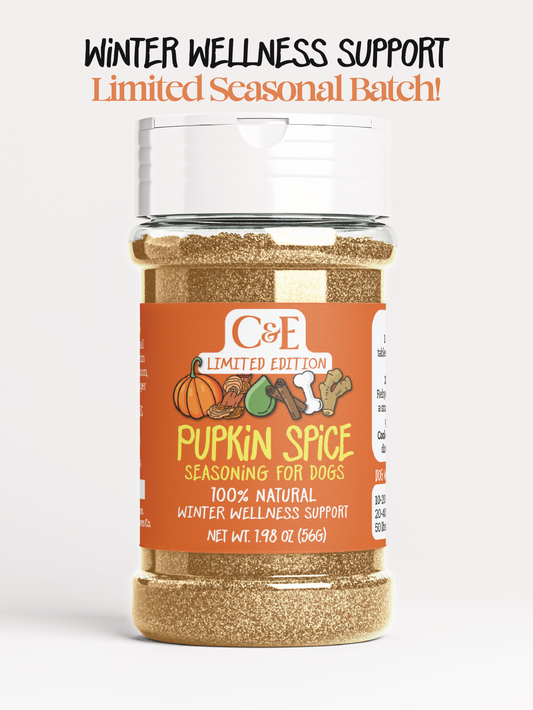Which proteins are best for dogs?
 There are so many choices for proteins today. In addition to many different types, there are different cuts and grades. There are also so many choices to make about how they are raised. We pick the amenities and lodgings of the chickens that lay our eggs. We can choose the diet of our beef and whether they eat grass their entire lives or supplement with grains before they are harvested. The fish we eat can be farmed or wild. And when they are wild we can choose how they are caught. The choices seem endless.
There are so many choices for proteins today. In addition to many different types, there are different cuts and grades. There are also so many choices to make about how they are raised. We pick the amenities and lodgings of the chickens that lay our eggs. We can choose the diet of our beef and whether they eat grass their entire lives or supplement with grains before they are harvested. The fish we eat can be farmed or wild. And when they are wild we can choose how they are caught. The choices seem endless.
Here we try to make it simple.
Beef - For dogs there are few proteins better than beef. Because dogs have higher mineral requirements, beef is a great choice because it is naturally high in zinc and copper. We love 90% lean ground beef, but really any cut of beef is a good choice. Stew mean, tri tip, and shank are all great options for your pups. if you're in the mood to splurge, ribeye new york steak and filet mignon are most assuredly welcome. Grass fed beef is great, but because much of it is imported, we often use grain finished beef.
Chicken - Chicken is a great all-around protein that is widely available. We prefer thighs because they are higher in nutrients like zinc, iron and B vitamins. They are also higher in fat and therefore slightly lower in protein than breast. We typically leave the skin on even though they are high in fat because skin is high in collagen, which is important for connective tissues.
Sometimes you will see slow growth chicken available for sale. These chickens are breeds that grow more slowly than conventional chickens and are less likely to suffer from health issues associated with fast growing breeds. Also due to the added expense of raising chickens in this way, slow-growth chickens are often fed better food and are pasture raised. In addition to enhanced animal welfare, there are benefits to micronutrients like higher amounts of omega-3s, iron and zinc. See this post for more info.
Pork - Because pork cuts like bacon and ham are cured and often fatty, pork is often seen as an unhealthy meat. Also, because pigs are omnivores they are able to eat both meat and vegetable matter, so suspect farming practices occurred in the past which led to parasites. Today, in the U.S. pigs are mostly fed grain and parasites like trichinosis and others are now extremely rare.
Also, many cuts of pork are now very lean. Pork chops are leaner than many cuts of beef. We often feed pork chops, pork shoulder and occasionally ground pork. Pork is a great change of pace protein and dogs are less likely to be allergic compared to beef and chicken.
Eggs - One of Cedric and Edith’s favorite foods. Eggs might be the most perfect protein. Rich in fats, vitamins and minerals, eggs are a great addition to any dog meal. Due to animal welfare and hygiene, we typically choose pasture raised eggs from reputable producers. Similar to beef, there is evidence that pasture raised chickens produce eggs that have better micronutrient profiles. However, macronutrients of eggs are similar between different farming practices, but feed quality and type has a large impact on the fatty acid composition of eggs. See this post for more.
Fish - We love to feed Cedric and Edith fish and supplement with fish or krill oil several times a week. Because there are so many different types of fish from different sources, it can get very confusing. In general we opt for small ocean fish. Anchovies, sardines and small mackerel are low in environmental pollutants, high in vitamin D and high in omega-3 fatty acids DHA and EPA. Wild caught salmon is also great and low in mercury compared to big game fish like tuna and sword fish. We eat and feed farmed salmon on occasion. But we avoid freshwater fish. In the U.S. wild caught freshwater fish is high in environmental pollutants (about 10 times compared to wild caught salmon). Because farmed freshwater fish uses water from U.S. waterways we avoid them also. There are good producers emerging, but currently it is still too hard for us to easily identify them so we avoid fresh water fish in general. See this post for more.
Novel proteins – In many super markets bison, lamb, venison (deer) and even duck are increasingly available. Just like the regular proteins in the market, these novel proteins are generally farmed rather than being true wild game. The benefit of novel proteins is that your pups are much less likely to be allergic to them than the traditional proteins. The drawback is that they are often more expensive. Bison is very nutritious and similar to beef, yet it is generally much leaner than a similar cut of beef, so its lower in calories. The same is true for venison and skinless duck (we usually leave the skin on). When using lean game meats we typically add in extra olive oil or coconut oil to ensure the dishes aren’t too high in protein. (Cedric tends to have mushy poop when the protein content is too high). See this post for more info.








